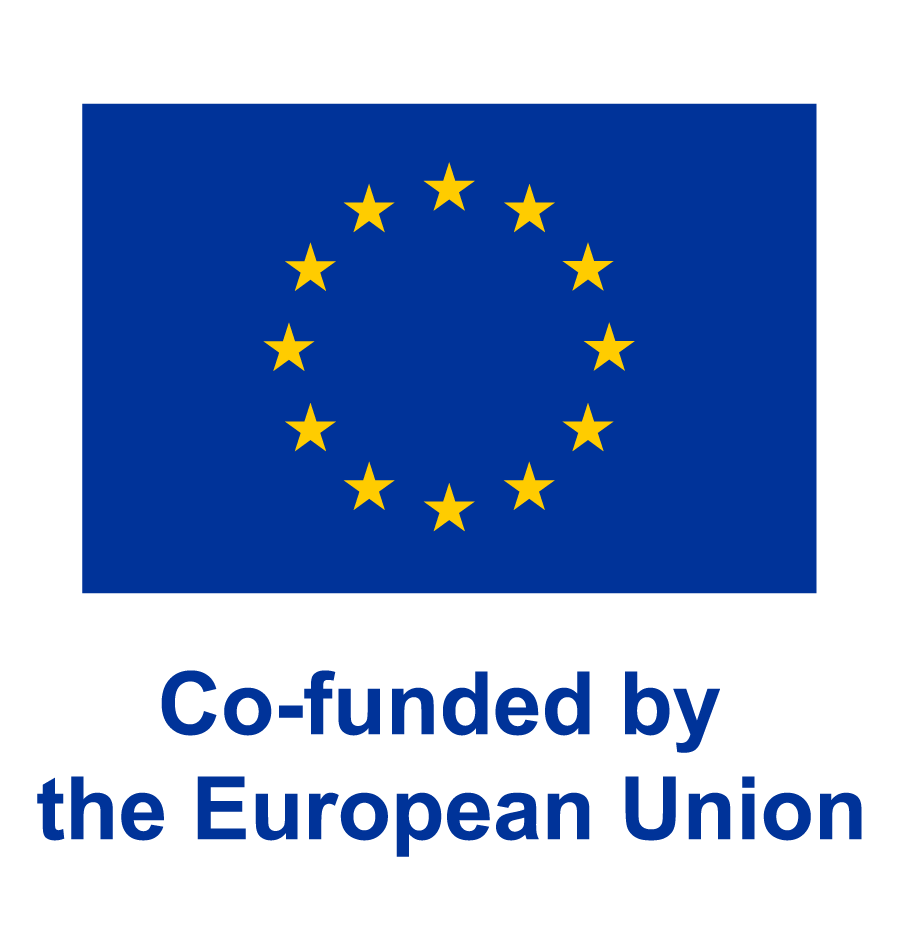European Union Is Investing in Innovation and Research
At the beginning of December, the Competitiveness Council, consisting of the ministers of the European Union member states, approved two conclusions that strengthen the EU’s position in the field of innovation and research.
According to Vladimír Balaš, Czech Minister for Education, Youth and Sports, the conclusions send a strong message to the European research and innovation community. “The EU is working hard to remain the global leader in the field”, Balaš states. “We stay on top of new technologies and closely follow new waves of innovation, so that the EU and member states can develop a common approach to research and innovation.”
New Innovation Agenda
The conclusions concerning the new innovation program present an innovation policy that will position the EU as a global leader in the field. Innovation plays a crucial role in Europe’s competitiveness, in achieving the green and digital transitions, and in addressing societal challenges and ensuring the well-being of its citizens.
The Council underlines the importance of adapting to the new wave of innovation and emphasises the need to boost synergies among existing funding programmes and initiatives. The Council emphasizes the importance of national and regional cooperation in defining innovation policy and points out how Europe must strive to attract experts from around the world.
Member states and the Commission, in cooperation with relevant stakeholders, are urged to develop a common policy agenda to advance the coordination of innovation policies.
Research Infrastructures Are the Cornerstone of Development
The conclusions on research infrastructures acknowledge the need to strengthen research infrastructures and facilitate access to them, as they significantly contribute to the competitiveness of the European economy. Balaš points out how innovations have a positive impact on our lives, whether it’s a new software update for a phone or a new medicine. “European research infrastructures provide the high-quality resources and services that our research communities need to develop these cutting-edge innovations that benefit society as a whole.”
The network of pan-European research infrastructures is one of the success stories of the development of the European Research Area. Research infrastructures are top-class facilities that provide expertise, resources, services and knowledge-based solutions to societal challenges. They also bring benefits to industries as well as small and medium-sized enterprises and help to deliver the EU’s green and digital transitions.
In its conclusions, the Council invites the Commission and the member states, through the European Strategy Forum on Research Infrastructures (ESFRI), to develop the next edition of the ESFRI Roadmap and to publish it before the end of 2025. The text also invites the Commission to present an initiative on a revised European Charter for Access to Research Infrastructures by 2023.
1,5 Billion Euros for Breakthrough Technologies
The Commission acted quickly. On 7 December, it adopted the 2023 work programme of the European Innovation Council, which opens funding opportunities worth €1.6 billion for scientists and innovators to scale up breakthrough technologies and create new markets. More than half a billion euros have been reserved for next generation technologies in strategic areas for Europe, including energy storage, quantum technology, semi-conductors, and food security.
The EIC is Europe’s flagship innovation programme to identify, develop and scale up breakthrough technologies and game changing innovations. About two thirds of Europe’s economic growth in recent decades has been driven by technological innovation.
The new funding for 2023 reinforces the EIC’s increasing track record in supporting high-impact technologies and start-ups. This year’s work programme includes several novelties and pilot actions to support the New European Innovation Agenda. For example, the budget for grants and investments for start-ups and SMEs is 525 million euros, which will enable them to strive to become global leaders in strategic areas of technology.


